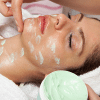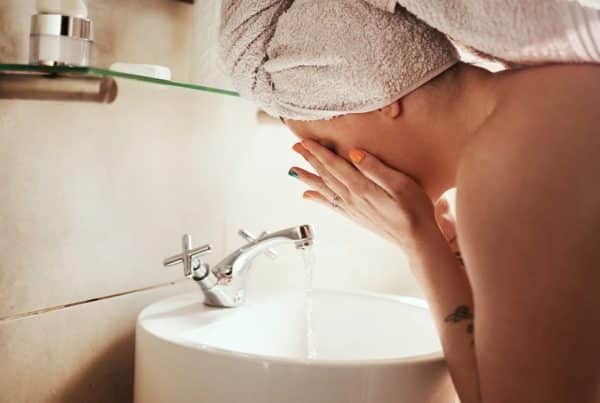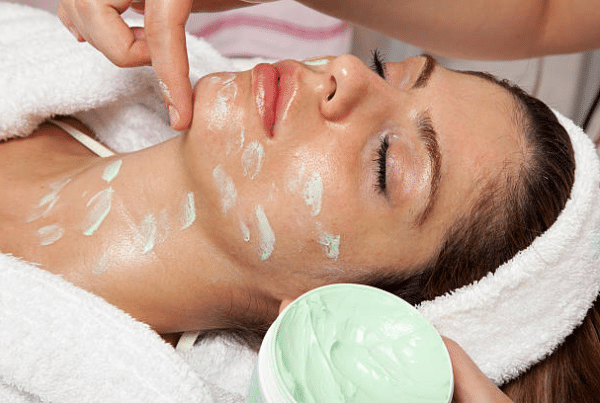In today’s fast-paced world, where every second counts, sleep often takes a back seat. We are constantly juggling between work, social life, and personal commitments, leaving us with little time to rest. What many of us fail to realize, though, is that sleep is not just a luxury; it is a necessity, especially for our skin health.
Understanding the Skin’s Nighttime Regeneration Process
Our skin doesn’t just go idle when we sleep; instead, it becomes more active. During the night, the skin cells regenerate and repair themselves. Adequate sleep ensures that this process functions optimally, leading to healthier, more radiant skin.
Collagen Production and Sleep Connection
Collagen, a protein responsible for skin elasticity, is essential for maintaining youthful skin. Lack of sleep disrupts collagen production, leading to premature aging, fine lines, and wrinkles. Quality sleep allows our body to produce this vital protein, keeping our skin firm and supple.
Sleep Deprivation and Skin Inflammation
Sleep deprivation triggers inflammatory responses in the body, which can manifest on the skin. Conditions like acne, eczema, and psoriasis often worsen when sleep is compromised. By getting adequate rest, we can reduce these inflammations, promoting a clearer complexion.

Dark Circles and Puffy Eyes: The Sleep Connection
One of the most visible signs of insufficient sleep is dark circles and puffy eyes. When we don’t get enough rest, blood vessels under the eyes dilate, creating a dark appearance. Adequate sleep helps in reducing these dark circles and puffiness, making our eyes look bright and refreshed.
The Hormonal Balance
Sleep plays a significant role in regulating hormones in our body, including those that affect our skin health. Hormones like cortisol, often referred to as the stress hormone, can wreak havoc on our skin when not balanced. Sufficient sleep ensures hormonal equilibrium, preventing breakouts and promoting a healthy glow.
Stress Reduction Through Sleep
Stress is a silent enemy of skin health. It accelerates the aging process and leads to various skin issues. Quality sleep acts as a natural stress reliever. During sleep, our body produces endorphins, the feel-good hormones that counteract stress, promoting a calm mind and healthy skin.
Sleep and Hydration
Proper hydration is essential for supple skin. Sleep balances the body’s hydration levels, ensuring the skin receives adequate moisture. Depriving yourself of sleep can lead to dehydrated skin, making it look dull and lifeless.
Tips for Quality Sleep and Skin Health
- Create a Relaxing Bedtime Routine: Engage in calming activities like reading or meditation before bedtime to prepare your body for sleep.
- Limit Screen Time: Reduce exposure to blue light from screens, as it can interfere with your sleep-wake cycle.
- Maintain a Consistent Sleep Schedule: Try to go to bed and wake up at the same time every day, even on weekends, to regulate your body’s internal clock.
- Invest in a Comfortable Mattress and Pillows: A good mattress and pillows provide proper support, enhancing your sleep quality.
Conclusion
Incorporating adequate sleep into our daily routine is not just a luxury but a vital component of overall well-being, including skin health. By understanding the profound impact sleep has on our skin, we can make conscious efforts to prioritize rest, ensuring our skin remains youthful, radiant, and healthy.
 5 6 1 . 8 1 0 . 0 5 5 5
5 6 1 . 8 1 0 . 0 5 5 5 







